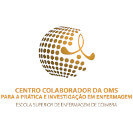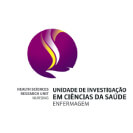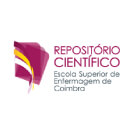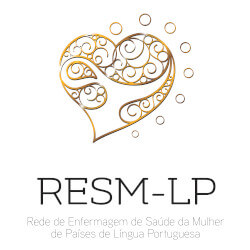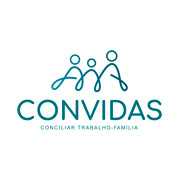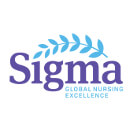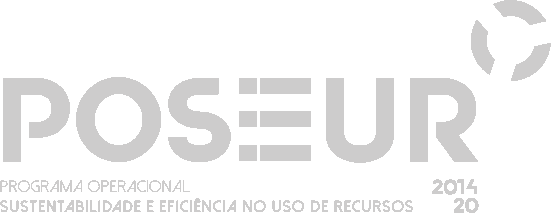Portuguese nurses and researchers Paulo Costa and Ângela Simões are the recipients of the two research grants awarded by the Sigma Europe Region in 2022.
Both grants in the amount of 3,000€ each were awarded to two projects of these members of the Sigma Phi Xi Chapter, hosted by the Nursing School of Coimbra (ESEnfC). The projects are related to peripheral venous catheterization in adults and the “fragilities” in care delivery to older adults living in residential care homes at emergency services.
Paulo Costa, who works at the Health Sciences Research Unit: Nursing, hosted by the ESEnfC, received the grant under the project “Developing a data-based, evidence-informed algorithm to support nurses’ peripheral intravenous catheterization practices of adult patients: the PIVC-DEAL Project.”
Improving peripheral venous catheterization
The project, scheduled to start later this year, seeks to develop a scientific evidence-based algorithm to assist nurses’ decision-making regarding adult patients’ peripheral venous catheterization. It will consider the difficulty level observed during the peripheral venous network assessment and patients’ previous experiences.
Paulo Costa estimates that “up to one third of adult patients” can “experience difficulties in obtaining a peripheral venous access” and that “the greater the level of difficulty, the lower the probability of success on the first puncture attempt.” This may result in “the need to use a central venous access (which may increase patient risk and associated costs).”
According to the ESEnfC guest assistant professor, this study aims to “expand the potential” of the Modified A-DIVA (Adult Difficult Intra Venous Access) Scale, already adapted to the Portuguese population (as part of Paulo Costa’s doctoral thesis). The objective is for the Scale to become a “tool for instructing health professionals on the care needed during the insertion and maintenance” of peripheral intravenous access devices, thus promoting “the quality and safety of care delivery and patients’ experience.”
Older adults’ risk of adverse events at emergency services
Ângela Simões, a nurse specialist of the Castelo Branco Local Health Unit (Hospital palliative care support team), was awarded the grant due to the interest stirred by her project “Nursing home residents in the emergency department: Characteristics, Fragility, and Aggressiveness in care.”
The project aims to describe the characteristics of older adults living in Residential Care Homes for the Elderly (ERPI) that go to emergency services, particularly highlighting fragility, aggressiveness in end-of-life care, and place of death.
According to Ângela Simões, a guest assistant professor at the Polytechnic Institute of Castelo Branco, “the reasons for transferring ERPI residents to emergency services may be questionable,” with “growing evidence supporting that many transfers are inappropriate or can be avoided.” This is “an indicator of poor health care quality in many European countries.”
Ângela Simões explains that “despite the advantages of emergency care (access to specialized professionals, complementary diagnostic tests, and follow-up), being admitted to an emergency service is an uncomfortable and frightening experience for frail elderly,” as it “increases the risk” of events such as “falls, pressure ulcers, delirium, hospital infections, and functional decline, which increase the lengths of hospital stays and health costs.”
Grants to be awarded in Ireland
The two nurses from central Portugal will receive their grants in June, in Dublin, during the Sigma 6th Biennial European Conference (held from 22 to 25 June 2022). They will join the ESEnfC professor Pedro Parreira and the Coimbra Hospital and University Centre nurse Tânia Morgado, two other Sigma Phi Xi Chapter members who were awarded the Sigma’s European Awards for Nursing Excellence 2022 in the areas of “Research” and “Clinical Practice,” respectively.
Professor Lurdes Lomba, President of the Sigma Phi Xi Chapter, noted that, “Once again, the Phi Xi chapter members are recognized for the value of their work in research, teaching, and clinical practice. Congratulations to nurses Ângela Simões and Paulo Costa!”
Sigma (Sigma Theta Tau International) is an Honor Society of Nursing, founded in 1922 in the United States of America to promote the improvement of populations’ health through the scientific development of Nursing practice. In Europe alone, Sigma has 11 Sigma Chapters.
The Phi Xi Chapter, hosted by the ESEnfC since 2011, is formed by nurses who, according to their peers, distinguish themselves by their excellence in the areas of Nursing clinical practice, education, research and/or leadership in national and international health and education institutions.
[2022-05-26]

